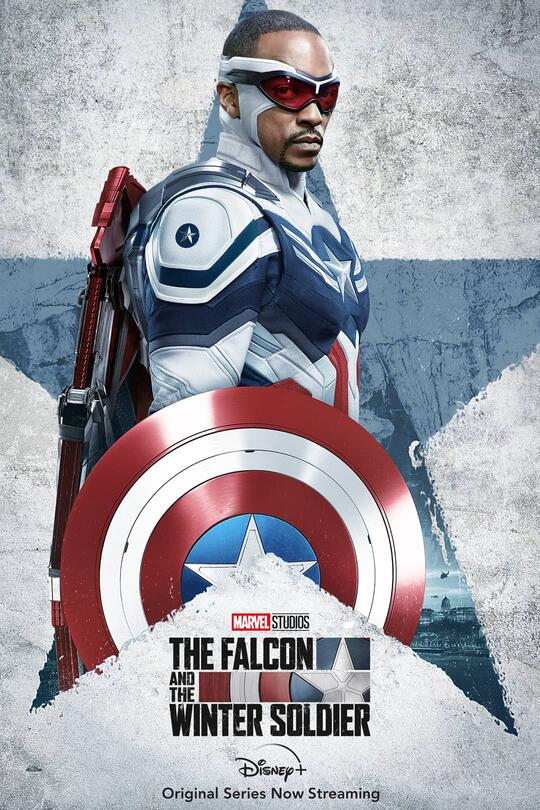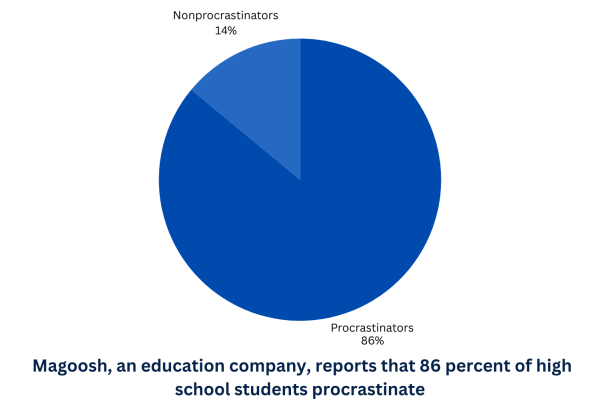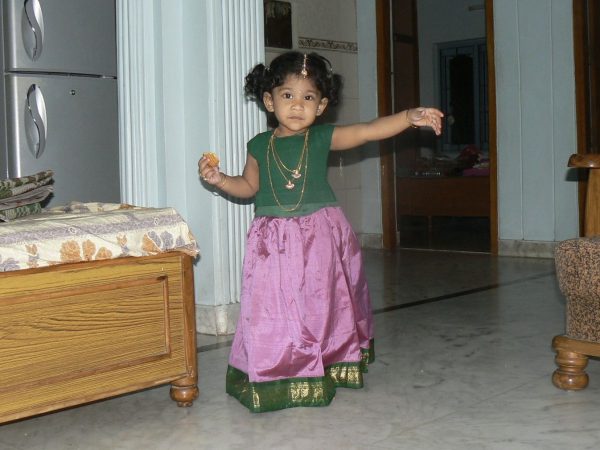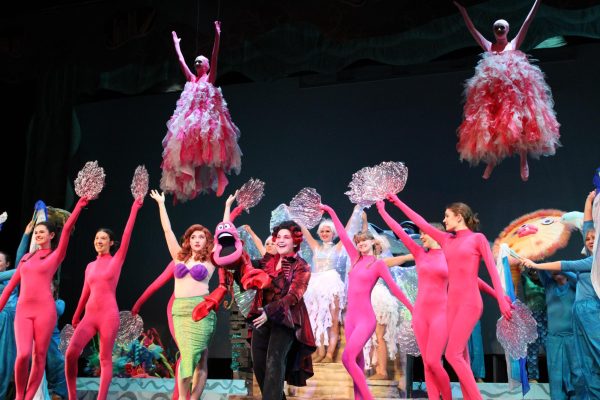“The Falcon and the Winter Soldier:” A Hero for Our Time
“The Falcon and the Winter Soldier” follows Sam Wilson as he navigates the legacy of Captain America and what it means to be a hero in the modern world.
“We need new heroes, ones suited for the times we’re in.”
After the pain and chaos of the past few years, I imagine most Americans would agree with Sam Wilson’s declaration at the beginning of “The Falcon and the Winter Soldier.” But could Marvel — a film studio that hasn’t had a great track record with introducing protagonists who properly reflect its global audience — actually give us these heroes in its second foray into television?
“The Falcon and the Winter Soldier” wastes no time in ensuring its audience that the world of Captain America’s closest friends is in a place of global turmoil that closely mirrors our own. Bucky Barnes and Sam are thrown into a world dealing with the fallout of half of its population being snapped out of existence only to return five years later, thanks to the efforts of the Avengers.
As historic prejudices and divisions begin to reemerge, Sam and Bucky must contend with the Flag Smashers, a group of revolutionaries willing to use extreme and violent measures to protect the millions of immigrants who moved to new countries during the “Blip” and now face forced relocation and systemic poverty at the hands of the Global Repatriation Council.
When they aren’t engaging in these CGI-laden battles, Sam must navigate the historical and personal implications of accepting the Captain America mantle passed down to him by Steve Rogers while Bucky attempts to make amends for the suffering he caused during his time as the brainwashed Winter Soldier.
To say that the series is busy is an incredible understatement, and perhaps, that’s a sign of Marvel’s growing pains in transitioning from feature films to television series.
While thematic beats and character development are occasionally trampled by the desire to create the next “Big Marvel Spectacle,” there is no doubt that “The Falcon and the Winter Soldier” poignantly proves the argument it set out to build between action sequences and plot twists. Sam is the hero both his own world and ours have been searching for, for perhaps longer than we realized.
The significance of “The Falcon and the Winter Soldier” in foreshadowing future Marvel projects is made abundantly clear from the get-go. New additions such as Julia Louis-Dreyfus’s Val and Dora Milaje member Ayo join returning but obscure characters such as Helmut Zemo and Sharon Carter with the clear purpose of establishing plot twists that will become important years down the road.
While these new characters are responsible for some of the series’s most engaging scenes and have motivations that are far more complex than most of Marvel’s supporting players, the sheer number of plotlines they introduce draw focus and time away from the themes that are supposed to be at the core of the series.
The scenes that compose Bucky’s redemption arc are moving and provide a deep critique between the difference of seeking forgiveness for your own benefit and truly making amends with those you have wronged. However, Bucky’s journey is treated as a B-plot that only emerges at the most convenient times, and thus, its ending doesn’t feel entirely earned.
John Walker is introduced as a discount Captain America after Sam attempts to retire the Captain America shield. While he is rightfully vilified for killing an unarmed suspect out of anger, the powers that be at Marvel clearly want John to become some sort of anti-hero. Thus, they give him his own redemption arc that not only rings completely inauthentic but also sends an ugly message to its audience about acceptable behaviors for a hero.
With these blunders in mind, it becomes even more impressive that “The Falcon and the Winter Soldier” managed to thoughtfully question what it meant for Sam personally to become the next Captain America while also proving why he’s the perfect man for the job.
Throughout the series, the vast majority of the characters the audience encounters have framed their worlds through a lens of black and white morality, presumably to ensure that those who oppose them remain villains regardless of their actions or anyone else’s.
The leader of the Flag Smashers, Karli Morgenthaeu, begs Sam to fight her physically so she can cling to her view of herself as a righteous revolutionary fighting a ruthless, inflexible enemy. At the same time, the Global Repatriation Council labels the Flag Smashers as terrorists so that they can completely dismiss their rightful anger at the hideous treatment of immigrants who were once welcomed into the countries that now reject them.
While even Bucky falls prey to this simplistic moral outlook when he insists on viewing the legacy of Captain America’s shield in a solely positive light, one man still stands in protest to this dangerous line of thinking.
As everyone around him becomes morally murky due to their commitment to painting themselves as one of the good guys, Sam is able to continuously act with compassion and bravery because he actively seeks to understand the complexity of the world around him and the flawed viewpoints of those he encounters.
Sam is the first person to actually acknowledge the merit of the vision behind the Flag Smashers and is able to inspire a peaceful and positive departure in the GRC’s policies because he refuses to view either side as one-dimensional, irredeemable villains. This abundance of empathy — a trait that is surprisingly undervalued and underutilized in the superhero genre — is perhaps more than anything what reveals to the audience that Sam is the perfect hero for our era.
In a clever twist, it is also what allows him to become Captain America.
In some of the series’ best scenes, Sam meets with Isaiah Bradley, a WWII veteran who, along with several other African American soldiers, was brutally terrorized by the U.S. government, to learn his story.
While Sam doesn’t heed Isaiah’s advice about refusing the shield for a second time, the respect he gives Isaiah’s viewpoint allows Sam to reckon with the impact his ascension as Captain America will have on communities across America. This consideration of the world from a different perspective actually cements Sam’s desire to become Captain America because he realizes the position would give him a platform through which he could fight against the racism and institutional apathy that destroyed Isaiah’s life in the first place.
In Sam Wilson, we finally have a hero who is dedicated to transforming Captain America’s shield into a true symbol of freedom and equality for all. A hero who displays an unfettered empathy for all of the people he is sworn to protect. And that more than makes up for any of the pitfalls “The Falcon and the Winter Soldier” suffers from in its weaker moments.









![The Concert Choir sings their last song of the night, “Wide Open Spaces” by Sarah Quartel. Senior Ella Globerger said, “These concerts in general, [I] like promoting people to come see them, because what we do here is really special, and it's really amazing to be able to share art with the world.”](https://www.lhsdoi.com/wp-content/uploads/2025/10/IMG_1099-600x400.jpg)


![Senior River Thompson joins the Jazz Ensemble by singing “That Old Black Magic” by Mercer and Arlen Arr. Mark Taylor, along with senior Annie Brody on guitar and junior Thomas Teixeira on bass, earning big applause. “[The concert had] great energy because it's the last [jazz concert] of the year,” Brody said.](https://www.lhsdoi.com/wp-content/uploads/2025/04/Eight-That-Old-Black-Magic-600x400.jpg)
